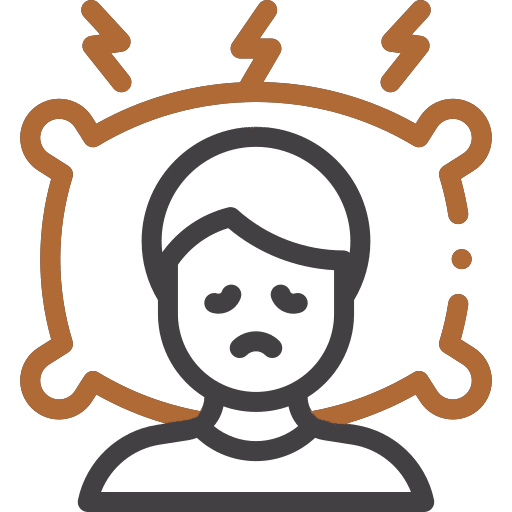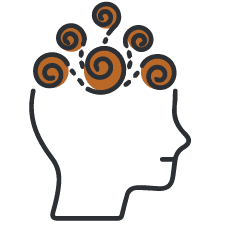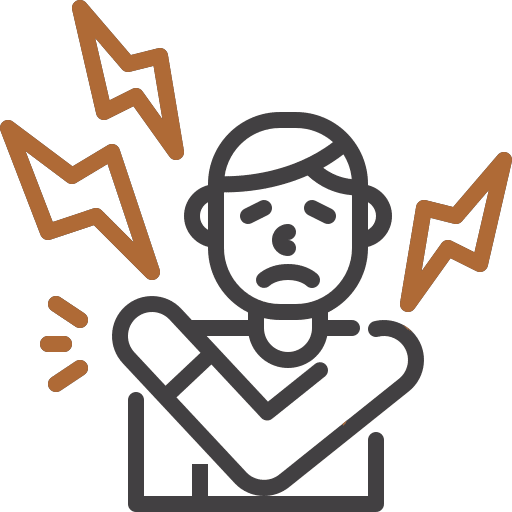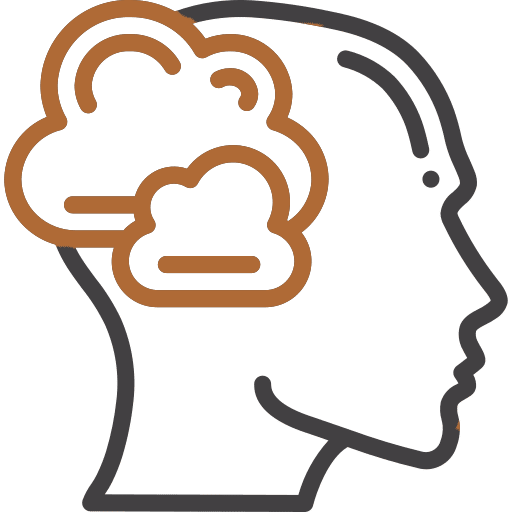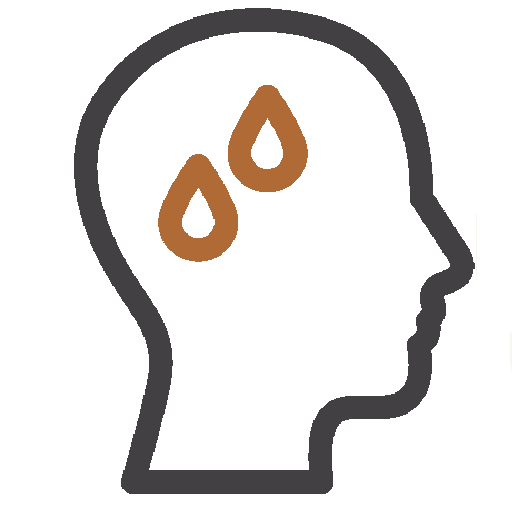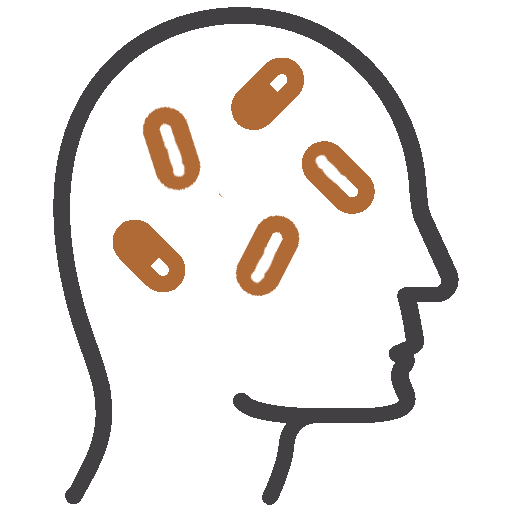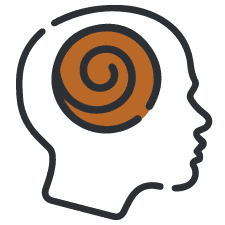Ambien (zolpidem), a popular prescription drug known for its ability to induce sleep, has helped countless individuals struggling with insomnia. In fact, the Centers for Disease Control and Prevention reported that nearly 9 million adults in the US take sleeping aids.
However, what many people don’t realize is that over time, the use of sleeping pills like Ambien can lead to physical dependency and addiction. In this detailed article, we will delve into every aspect of Ambien withdrawal and detox, providing you with essential insights.




